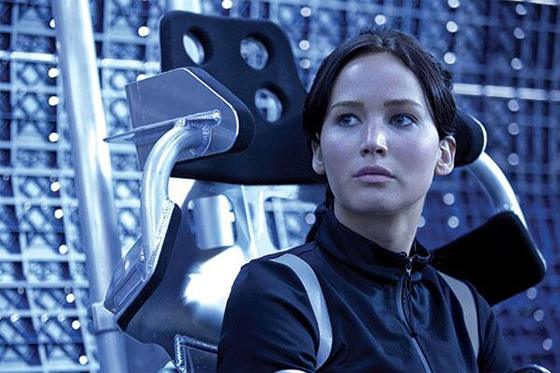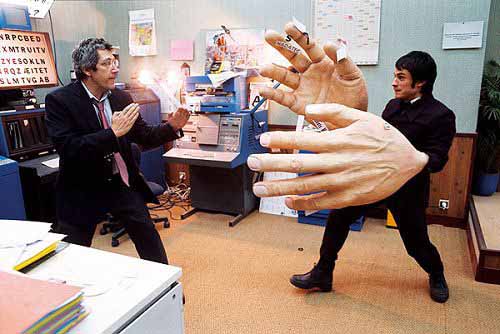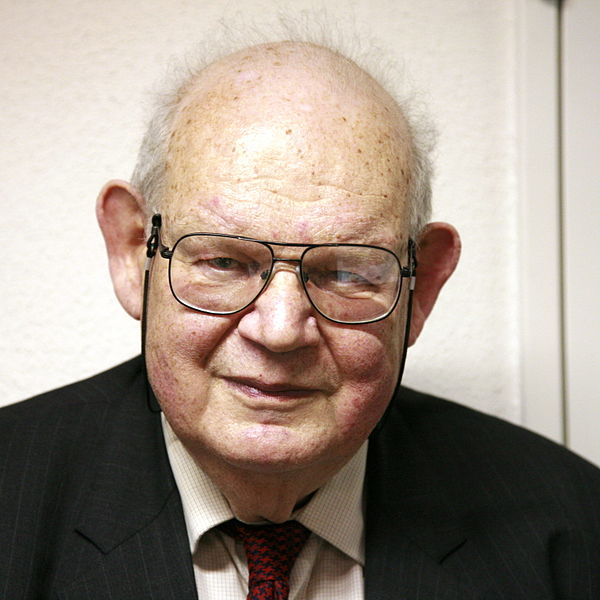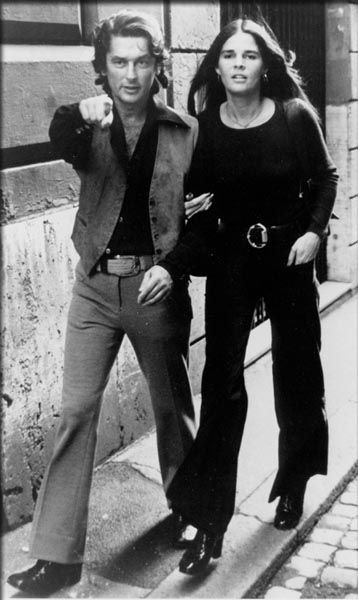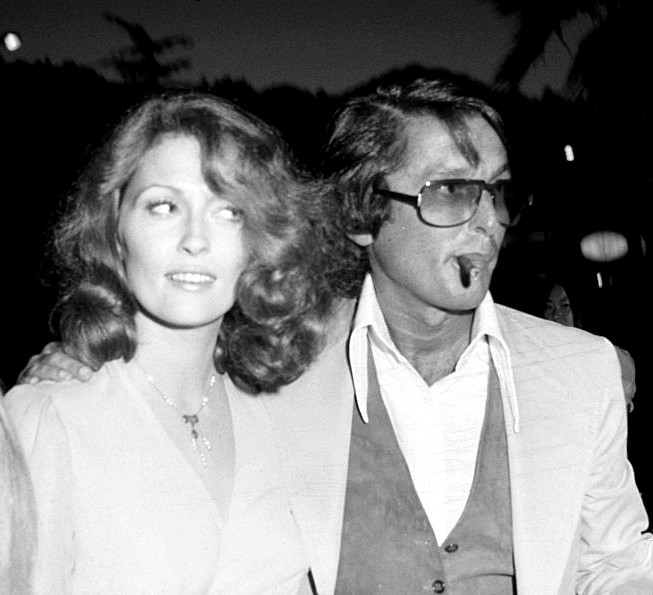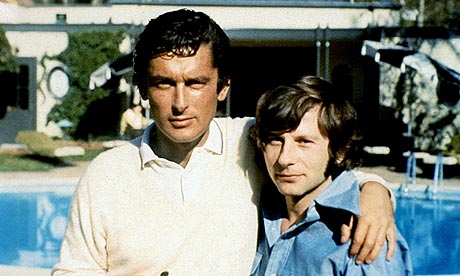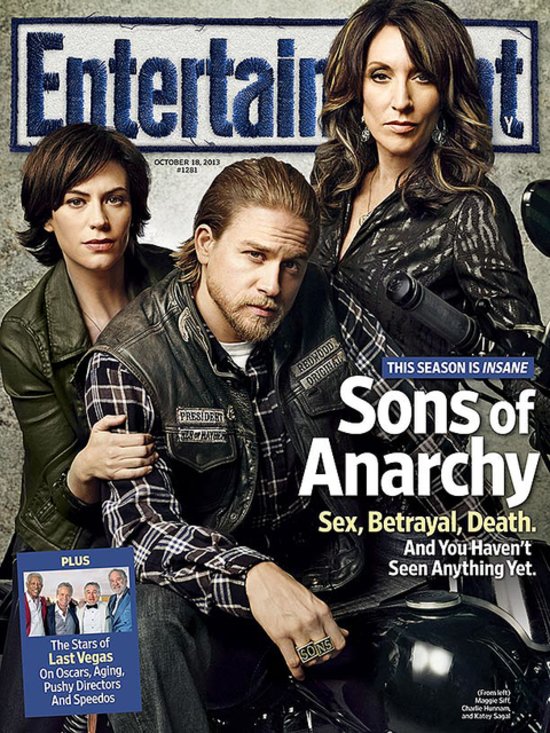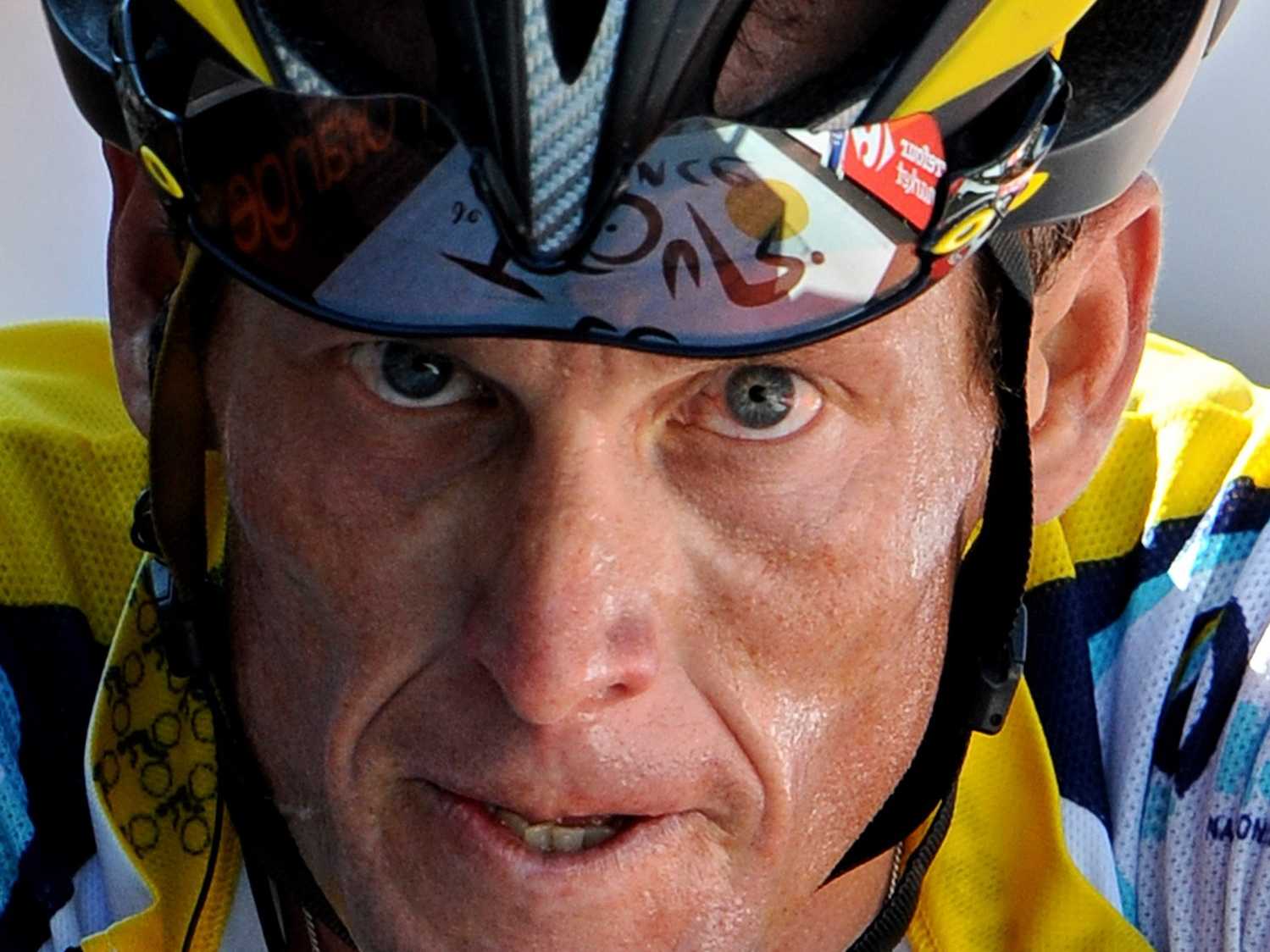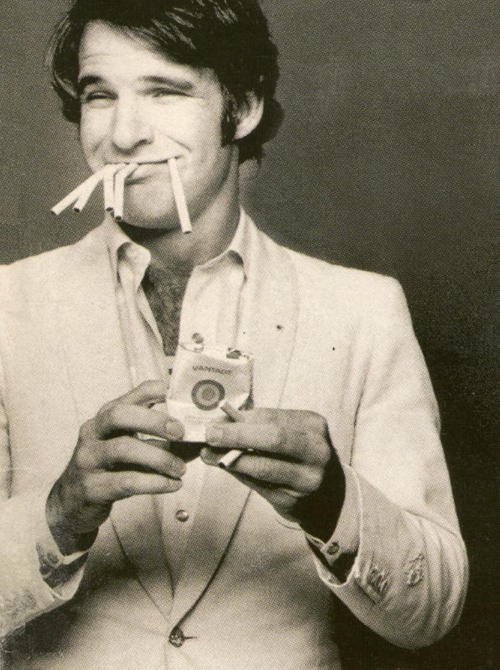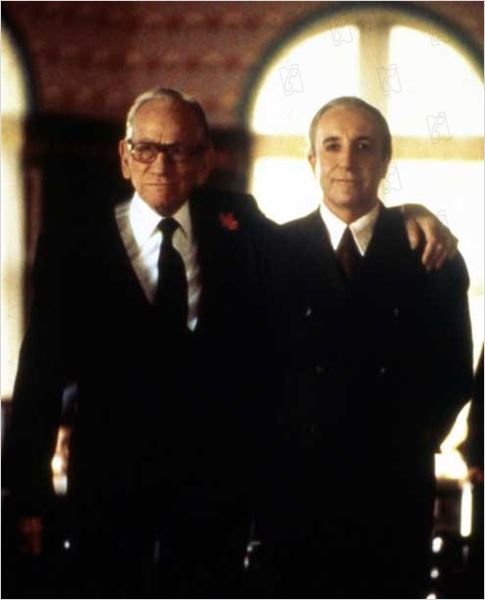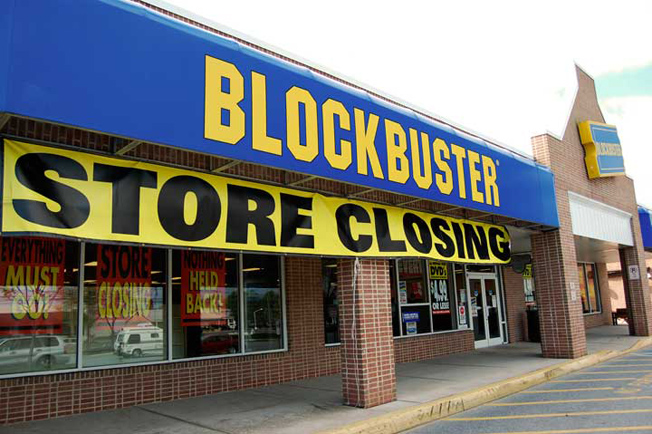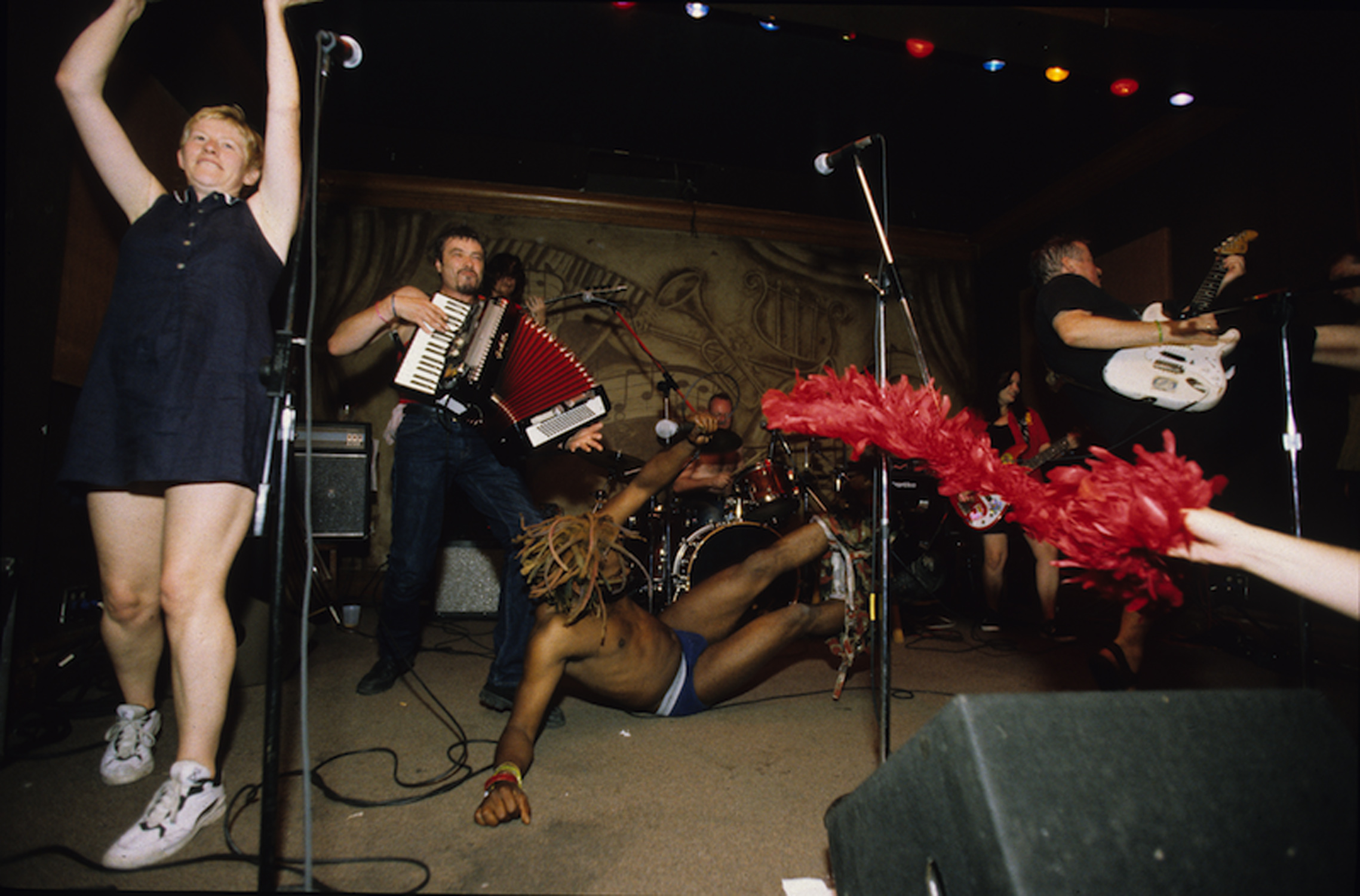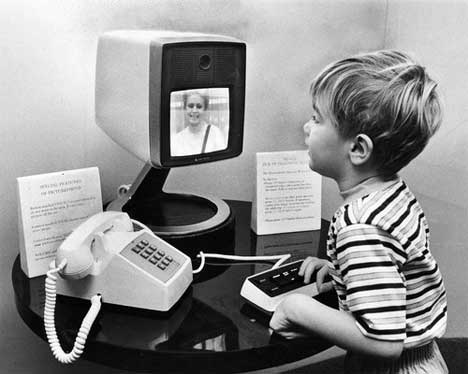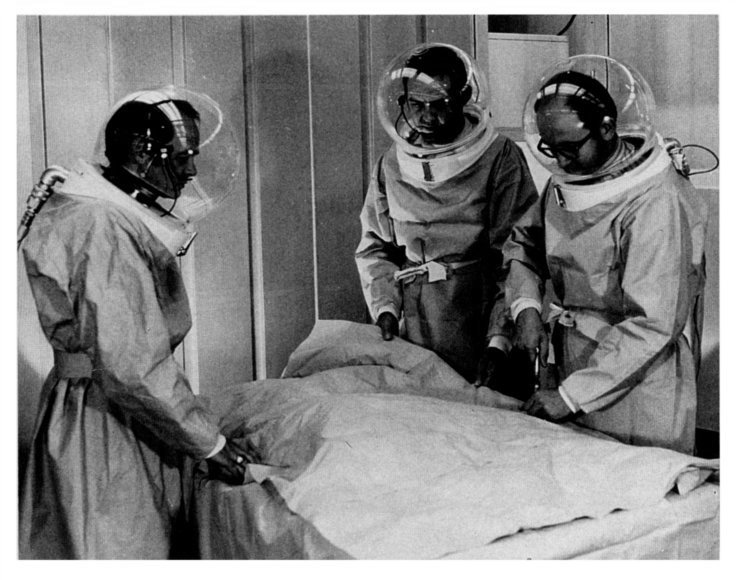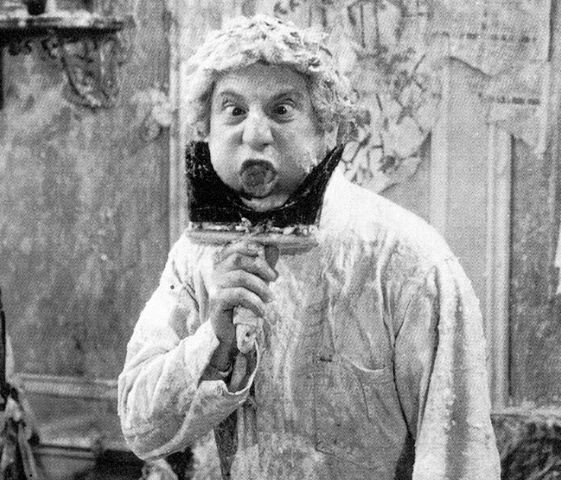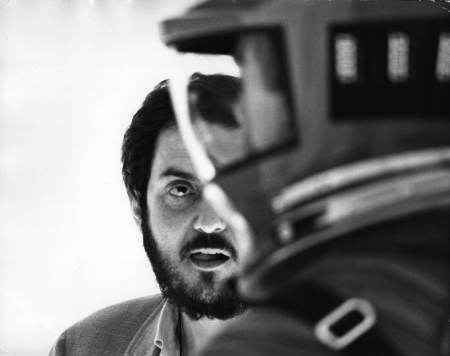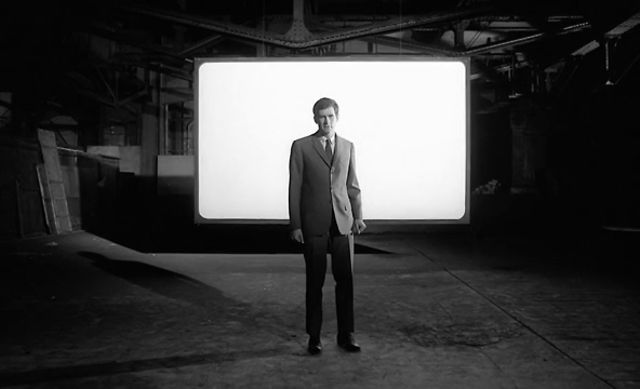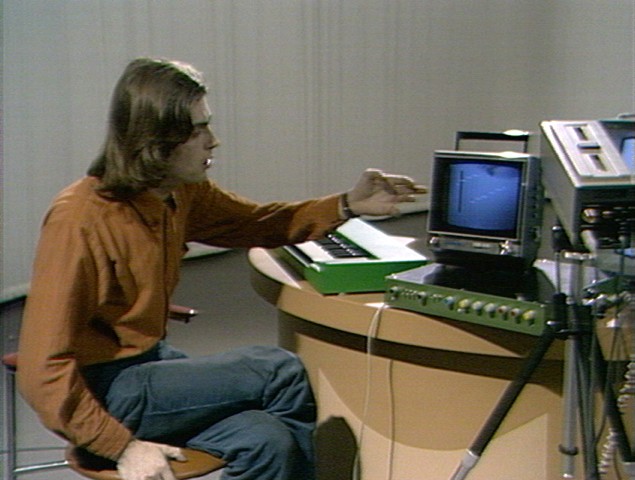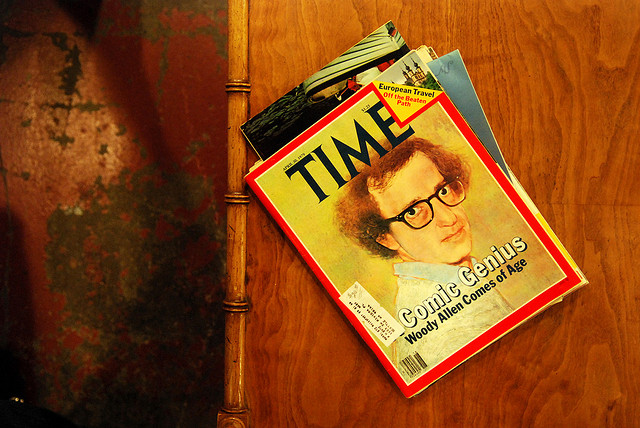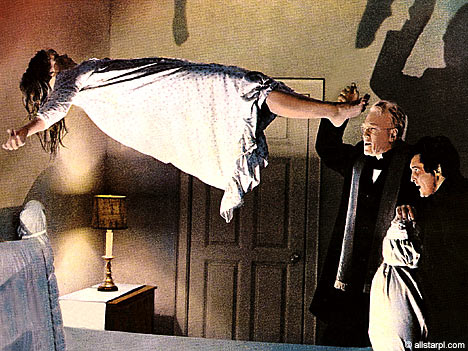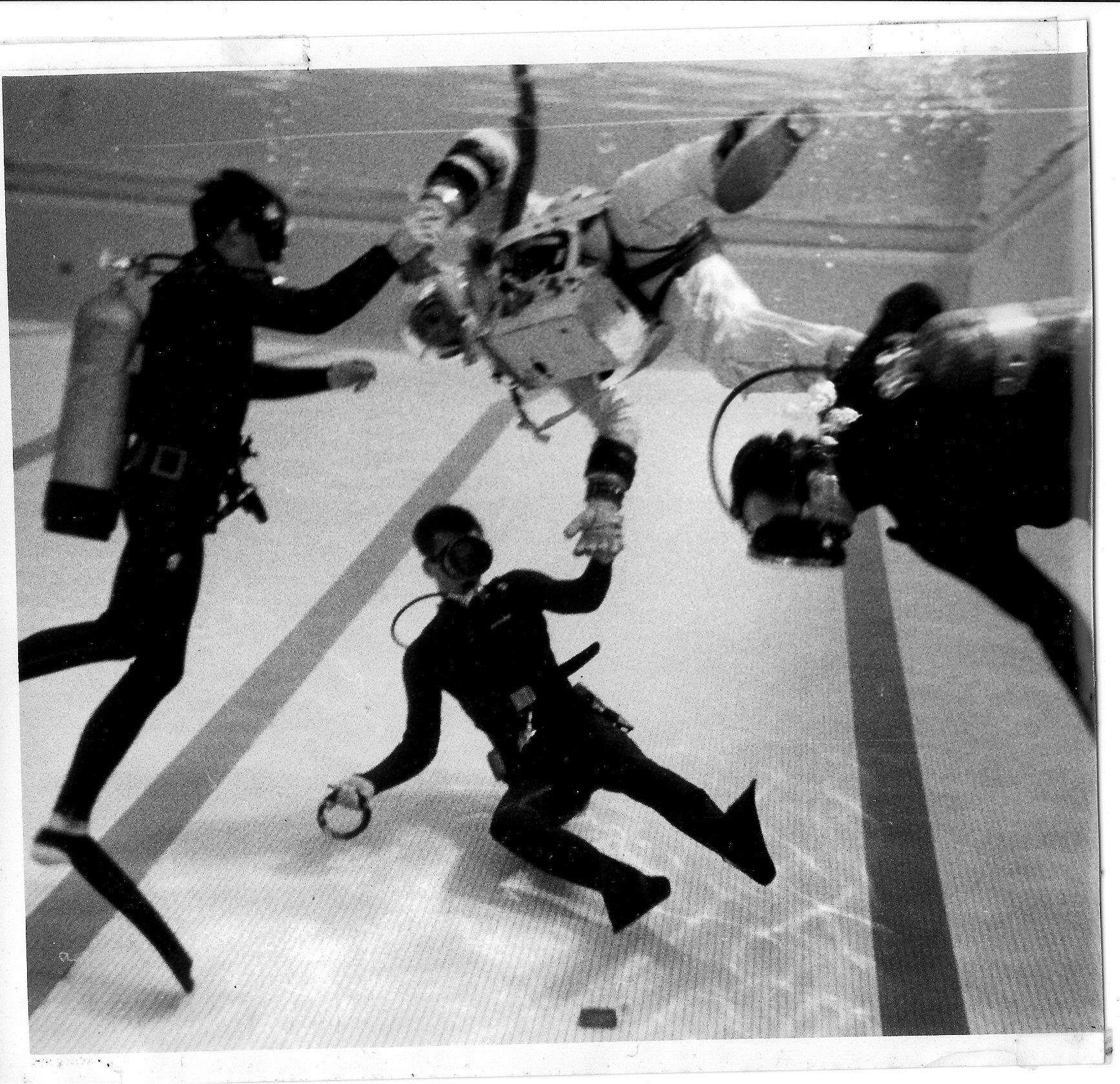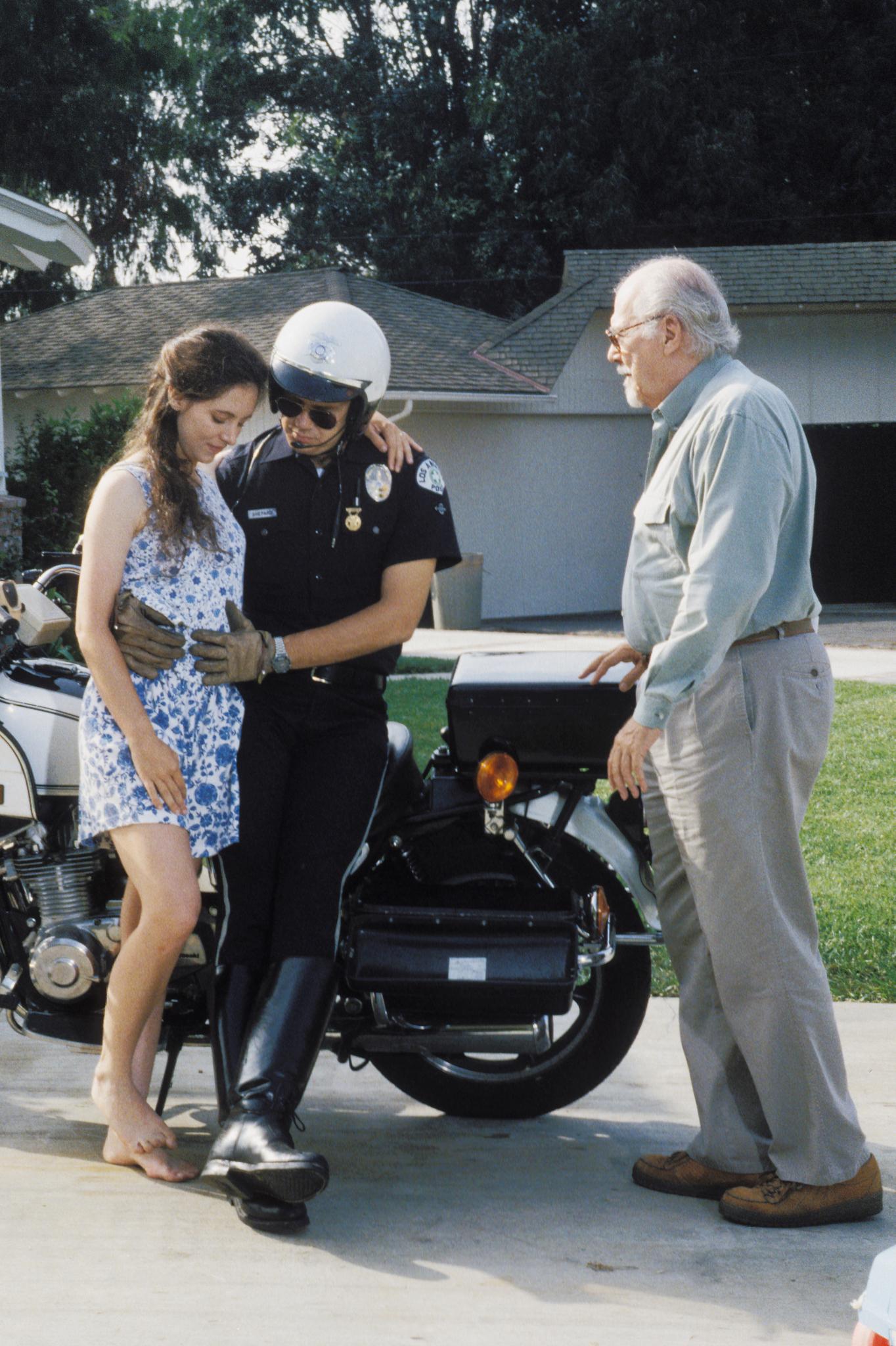
My 4 favorite Robert Altman films:
- 3 Women
- California Split
- Nashville
- McCabe and Mrs. Miller
My least favorite Altman film:
Somewhere in between these extremes is Short Cuts, which is certainly an accomplished work but bothered me because I thought it used Raymond Carver’s deeply humane stories in a cruel way. But I have almost infinite love and forgiveness for Altman, who risked all in the name of art, willing to take the bruises when he fell flat. He’s recognized as one of the greatest directors ever, yet he oddly feels underrated. I have no interest in comic-book movies and I miss his work dearly–films made by an adult for other adults.
It’s the twentieth anniversary of Short Cuts and Mike Kaplan, who was an Associate Producer on that film, has made a documentary about the experience, Luck,Trust and Ketchup. From an article Kaplan wrote about the movie for the Hollywood Reporter:
“Bob and I began walking down what seemed to be a mile of maroon corridors in the Red Lion Inn, heading towards his room. ‘How are the portraits coming?’ he asked.
Don had already completed Andie McDowell, Bruce Davison, Lily Tomlin, Frances McDormand, Peter Gallagher, Julianne Moore, Matthew Modine and Lyle Lovett and we’d have images to show him in a few days.
We talked in shorthand.
Then his voice changed — without skipping a beat in his gait.
‘I have no idea what I’m going to shoot tomorrow,’ he announced.
We were at his room.
He opened the door and began undressing.
‘I don’t know if I can pull this off. I’m exhausted.’
He climbed into bed in his undershorts.
I said something innocuous like I’m certain it will work out — worried at never hearing this tone before, Bob always the master of assurance when it came to filming.
He pulled up the covers, deep in a maze of thought, then closed his eyes.
‘Turn off the lights as you leave,’ he said.”•

